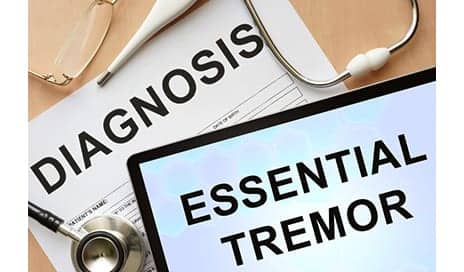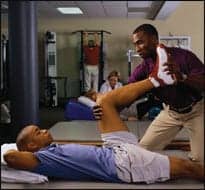A recent study suggests that treatment with MRI-guided focused ultrasound helped improve tremors and quality of life in patients with essential tremor.
Based on the study, published recently in the New England Journal of Medicine, the FDA has approved the treatment’s use, according to a media release from the University of Maryland School of Medicine.
The randomized, year-long, double-blinded study included 76 patients who experienced essential tremor but did not respond to medication. Among these patients, the research team performed a procedure using magnetic resonance imaging (MRI) to guide ultrasound waves through their intact skin and skulls, in order to remove tissue deep in the thalamus, per the release.
“You are raising the temperature in a very restricted area of the brain and that destroys the tissue. The ultrasound creates a heat lesion that you monitor through MRI,” says research team participant Howard M. Eisenberg, MD, the RK Thompson Professor and Chair of Neurosurgery at the UM SOM.
During the procedure, which lasted 2 to 4 hours, the patients were awake and able to interact with the physicians. The patients were asked to draw spirals on a piece of paper, and these drawings were compared to those done prior to the procedure to determine its effectiveness in calming the tremor.
From reviewing the procedure’s results, the researchers note that 56 patients who received the MRI-guided ultrasound treatment experienced a nearly 50% improvement in their tremors and motor function after 3 months and retained a 40% improvement after a year. In contrast, 20 patients who received a sham treatment saw no improvement and were able to cross over into the treatment group 3 months later, per the release.
Among these participants, 22 were treated at the University of Maryland Medical Center (UMMC), with many who received the new therapy achieving up to a 99% improvement in their tremors.
“We are very excited to have this new noninvasive treatment option for patients who struggle every day with this debilitating neurological disorder,” states Eisenberg, also a consultant to both the Focused Ultrasound Foundation and Insightec.
“We saw an impressive reduction in tremors in hands and arms and an improvement in quality of life in patients who experienced no relief from medication,” he adds.
[Source(s): University of Maryland School of Medicine, Science Daily]





